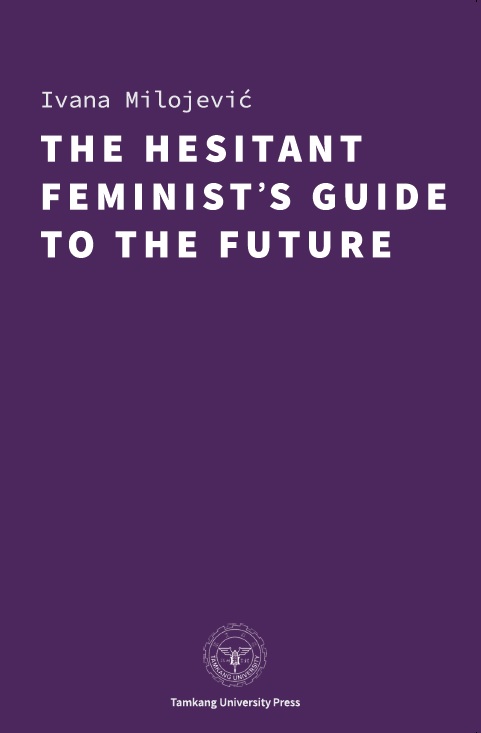內容簡介:
At the beginning of 2024, I was invited to contribute to a project focused on women who engage in futures thinking and foresight. As a cornerstone of the project, a semi-narwas planned to celebrate
International Women’s Day. In preparation for the event, a vibrant exchange unfolded in a WhatsApp group. Participants, including myself, posed questions, suggested ses-sions, and explored shared concerns and interests. The following were some of the questions raised:
•Why do so many people, who agree with the principles of feminism, hesitate to identify themselves as feminists?
•What does feminism signify in 2024?
•How should we define it?
•Can individuals of genders other than women be feminists?
•Is feminism still relevant, or is it considered passé?
•Does the concept of feminism require rebranding?
•Should we discuss feminism in the singular or feminismS in the plural?
•Are we now closer to achieving the central feminist vision of an equitable fu-ture than ever before? Or perhaps as close as we’ve ever been? Or have we moved further apart?
•Has this envisioned future already materialized in some places, albeit with uneven distribution?
•What would the world look like if all genders have equal say – and what implications would this shift have for our cities, economy, polity, diplomacy, environment, technologies, families, bodies, and minds?
In preparation for my own session, “Towards Feminist Futures (and Beyond),” I began to answer some of these questions.
Certainly, this text is not complete, nor is it everything I’d like to say on the subject. For those wishing to know more, there is a list of recommended readings at the end. But I do hope this monograph will be useful for both seasoned feminist futurists as well as those sitting on the edge. At the very least, I hope that the following text will provide some food for thought, remind of historical context, and contribute to the fu-ture institutional memory.
At the beginning of 2024, I was invited to contribute to a project focused on women who engage in futures thinking and foresight. As a cornerstone of the project, a semi-narwas planned to celebrate
International Women’s Day. In preparation for the event, a vibrant exchange unfolded in a WhatsApp group. Participants, including myself, posed questions, suggested ses-sions, and explored shared concerns and interests. The following were some of the questions raised:
•Why do so many people, who agree with the principles of feminism, hesitate to identify themselves as feminists?
•What does feminism signify in 2024?
•How should we define it?
•Can individuals of genders other than women be feminists?
•Is feminism still relevant, or is it considered passé?
•Does the concept of feminism require rebranding?
•Should we discuss feminism in the singular or feminismS in the plural?
•Are we now closer to achieving the central feminist vision of an equitable fu-ture than ever before? Or perhaps as close as we’ve ever been? Or have we moved further apart?
•Has this envisioned future already materialized in some places, albeit with uneven distribution?
•What would the world look like if all genders have equal say – and what implications would this shift have for our cities, economy, polity, diplomacy, environment, technologies, families, bodies, and minds?
In preparation for my own session, “Towards Feminist Futures (and Beyond),” I began to answer some of these questions.
Certainly, this text is not complete, nor is it everything I’d like to say on the subject. For those wishing to know more, there is a list of recommended readings at the end. But I do hope this monograph will be useful for both seasoned feminist futurists as well as those sitting on the edge. At the very least, I hope that the following text will provide some food for thought, remind of historical context, and contribute to the fu-ture institutional memory.
作
者介紹:
Ivana Milojevic
現職:
University of Novi Sad Professor
經歷:
University of the Sunshine Coast Professor (Associate)
學歷:
澳洲昆士蘭大學
Ivana Milojevic
現職:
University of Novi Sad Professor
經歷:
University of the Sunshine Coast Professor (Associate)
學歷:
澳洲昆士蘭大學
詳細資料:
- ISBN:9786267032695
- 叢書系列:新視野(AB)
- 規格:平裝 / 96頁 / 普通級 / 彩色印刷 / 初版
- 出版地:台灣
